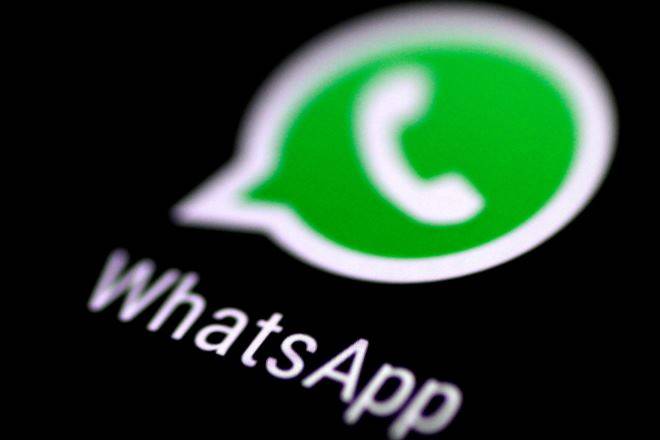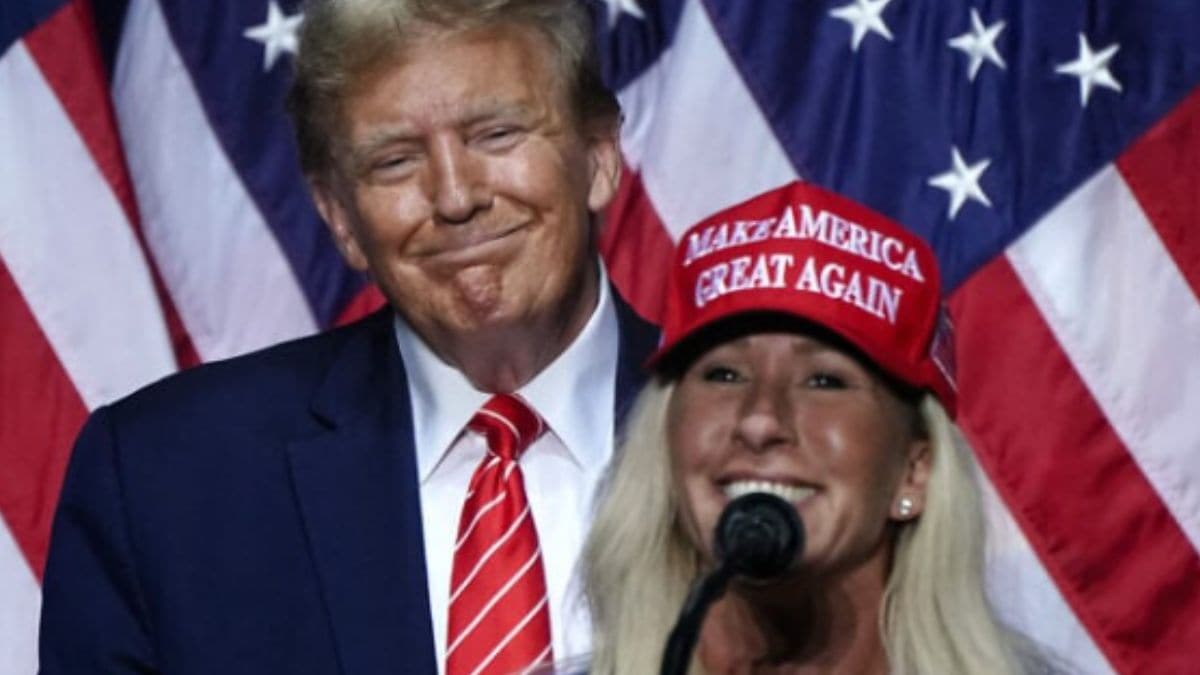Since mobile phones first made their way into our hands, a lot has changed. But the application that has remained consistent throughout is the messaging interface. As we enter the next phase of the ‘app evolution’, expect the core elements of chat to remain the same. What will change, however, is the ecosystem of products and services built into the chat application.
WeChat, the chat application owned by Chinese company
Tencent, has already done this — you can do everything from ordering a meal or a cab to playing games or finding a date.
In India, WhatsApp is the leader in messaging with about 94% reach. Nearly everyone with a smartphone and internet connection has the app installed on their phones.
WhatsApp too seems to be slowly building out a similar ecosystem of products and services. Voice and video calls were the first obvious features it introduced and payments is the next step in this journey.
The battle in the mobile internet space is essentially for user engagement. Content has long been the cornerstone of user engagement, often used as a loss leader to increase engagement and market share. With the availability of cheap data (courtesy Reliance Jio) — content consumption in India has increased dramatically.
Chat platforms are where content is shared and consumed (think of all the forwards your friends send you). WhatsApp has already tried (and failed) to introduce ‘stories’ of the kind we see on Instagram and SnapChat.
Perhaps a better play in the same vein would be the introduction of professionally produced content rather than user generated stories — the kind we find being built for the internet by everyone from Netflix to AIB.
Hike, backed by Airtel, despite being particularly well placed to build this ecosystem of products, has been playing catch-up. It started providing payment services well before its larger competitor, WhatsApp. If it could bundle its offering with content from Airtel TV and Wynk, it could build a comprehensive offering to close the gap. Gaming is another feature that companies will use to get us more engaged. A JV between AGTech Holdings and Paytm called Gamepind is the first step in this direction. Imagine the addictive power of the same feature in a messaging service like WhatsApp or Hike, where you could compete against friends and start a quick game while you kill time on a slow day. The internet in India is coalescing into an oligopoly of giants backed by global conglomerates like Google, Facebook, Tencent, Alibaba, Naspers, Softbank and so on. Chat may be just one front of a much larger fight, but winning it could define the next decade.
Aman Kumar is CBO, KalaGato








